Bearded Dragon Care 101: The Ultimate Guide to Raising a Healthy and Happy Pet
Bearded dragons are a popular pet choice for reptile enthusiasts due to their docile nature, manageable size, and easy care requirements. These lizards are native to Australia and can be found in a variety of habitats such as deserts, woodlands, and scrublands. In captivity, they can live for up to 20 years with proper care.
Housing: When it comes to housing a bearded dragon, a terrarium with a screen top is recommended. The enclosure should be at least 4 feet long, 2 feet wide, and 2 feet tall to provide enough space for the dragon to move around and thermoregulate. A basking spot should also be provided with a heat lamp or ceramic heater to maintain a temperature range of 95-110°F. It's also important to have a cool side of the enclosure with a temperature range of 75-85°F. A thermometer and hygrometer should be used to monitor the temperature and humidity levels in the enclosure.
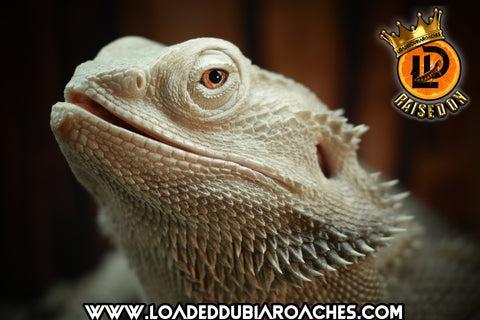
Diet: Bearded dragons are omnivores, meaning they eat both plants and animals. In the wild, they eat a variety of insects, small mammals, and fruits and vegetables. In captivity, a diet of mostly insects such as crickets, mealworms, and roaches should be provided along with a variety of fruits and vegetables. It is recommended to dust the insects with a calcium supplement every other feeding to ensure the dragon is getting enough of this essential mineral. Bearded dragons also require a source of UVB lighting to properly absorb calcium.
When it comes to feeding roaches to your bearded dragon, it's important to choose a high-quality source. Dubia roaches are a popular choice due to their high protein and fat content, which makes them a nutritious and delicious food source for your dragon. But not all dubia roaches are created equal. Our company offers premium dubia roaches that are bred and raised in a controlled environment to ensure the highest quality and nutrition. We also offer a wide variety of sizes to accommodate the different life stages of your bearded dragon. By choosing our premium dubia roaches, you can rest assured that you are providing your dragon with the best possible food source. With our premium dubia roaches, you can provide your dragon with the balanced diet it needs for optimal health.
Lighting: Bearded dragons require a UVB light to properly absorb calcium and maintain healthy bone growth. A UVB light should be placed over the basking spot and be replaced every 6 months. A basking light or ceramic heater should also be provided to create a warm basking spot.
Handling and Interaction: Bearded dragons are generally docile and make great pets. They can be handled regularly, but it's important to support their entire body and avoid picking them up by their tail, as it can easily break off. They also enjoy spending time outside of their enclosure, but it's important to supervise them to ensure their safety.
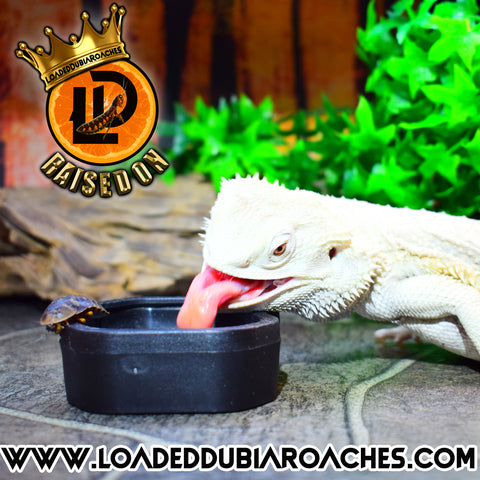
Health: It's important to keep an eye out for any signs of illness in your bearded dragon such as lethargy, loss of appetite, and abnormal bowel movements. Regular vet checkups are also recommended to ensure the dragon is healthy and to catch any potential health issues early on.
In conclusion, bearded dragons are a great pet choice for reptile enthusiasts due to their docile nature and easy care requirements. Proper housing, diet, lighting, and regular vet checkups are essential to maintain the health and well-being of your bearded dragon. With the right care, these lizards can live for up to 20 years in captivity. It's important to research and educate oneself on the proper care of bearded dragons before bringing one home as a pet, to ensure that you can provide the best possible care for your new companion.
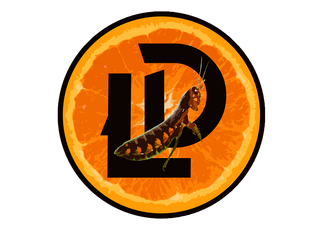
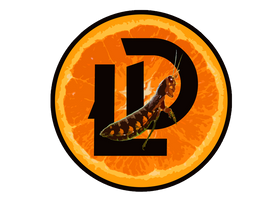
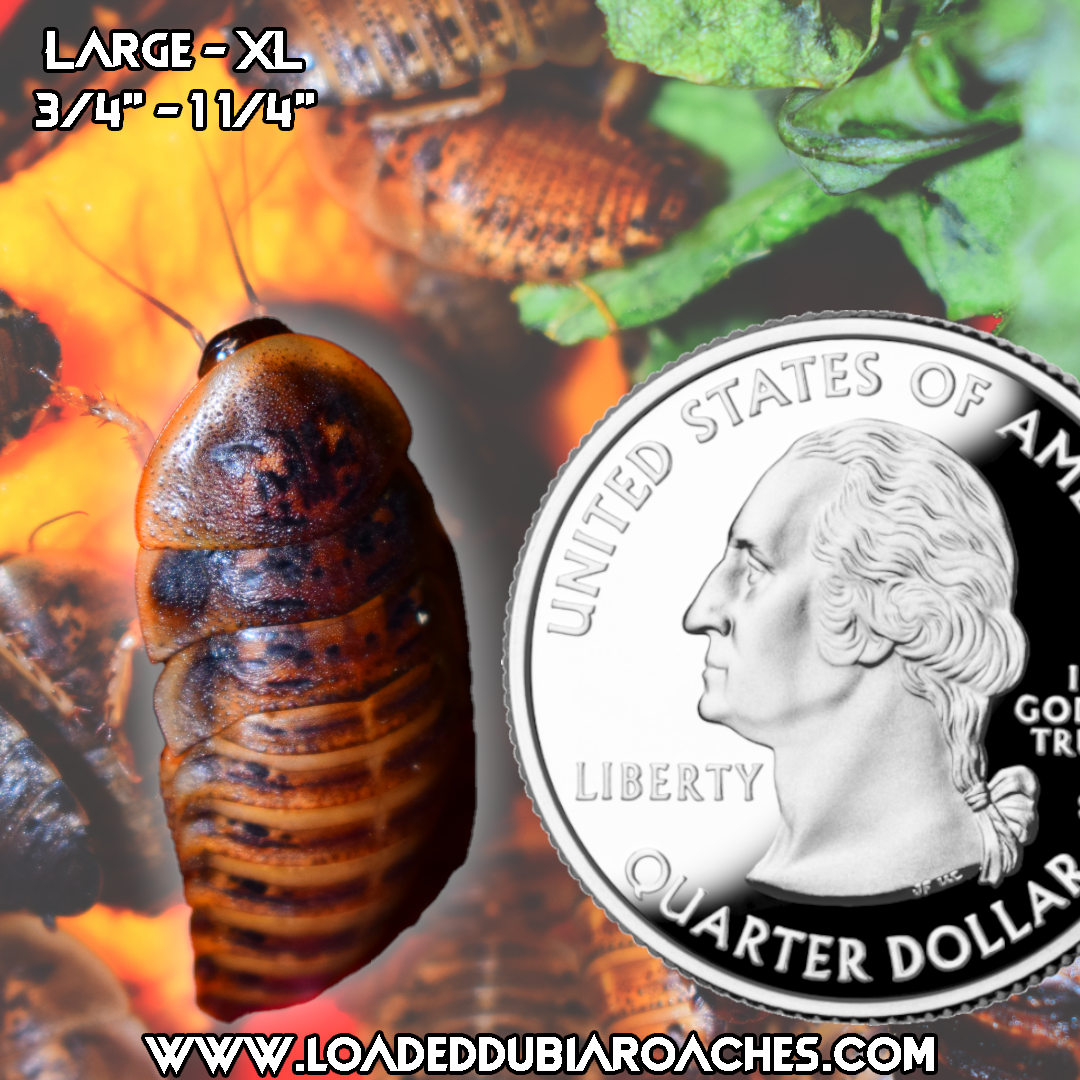
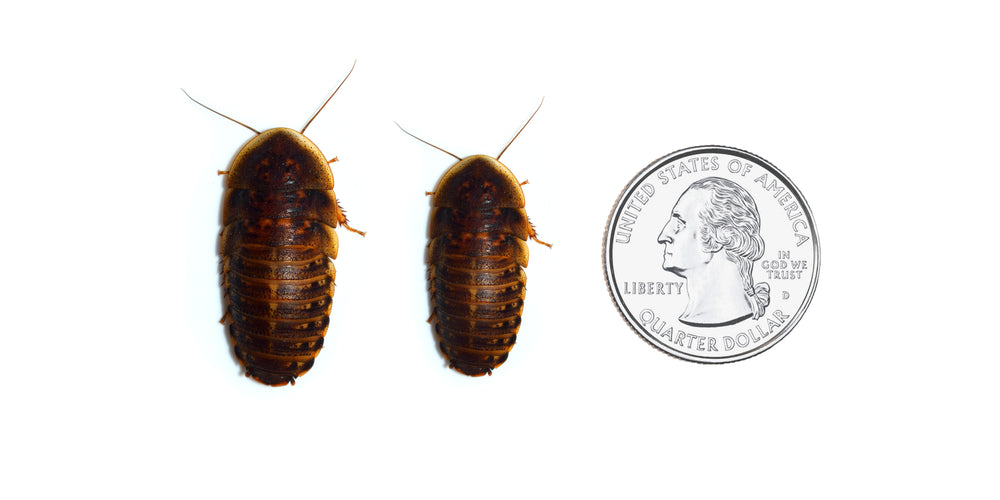

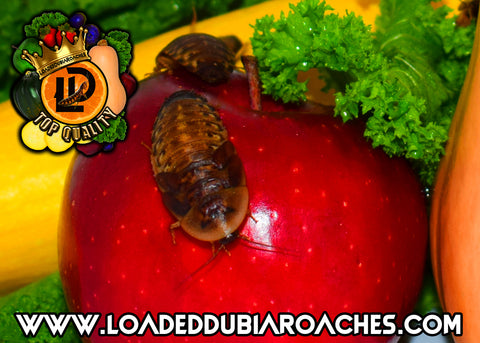

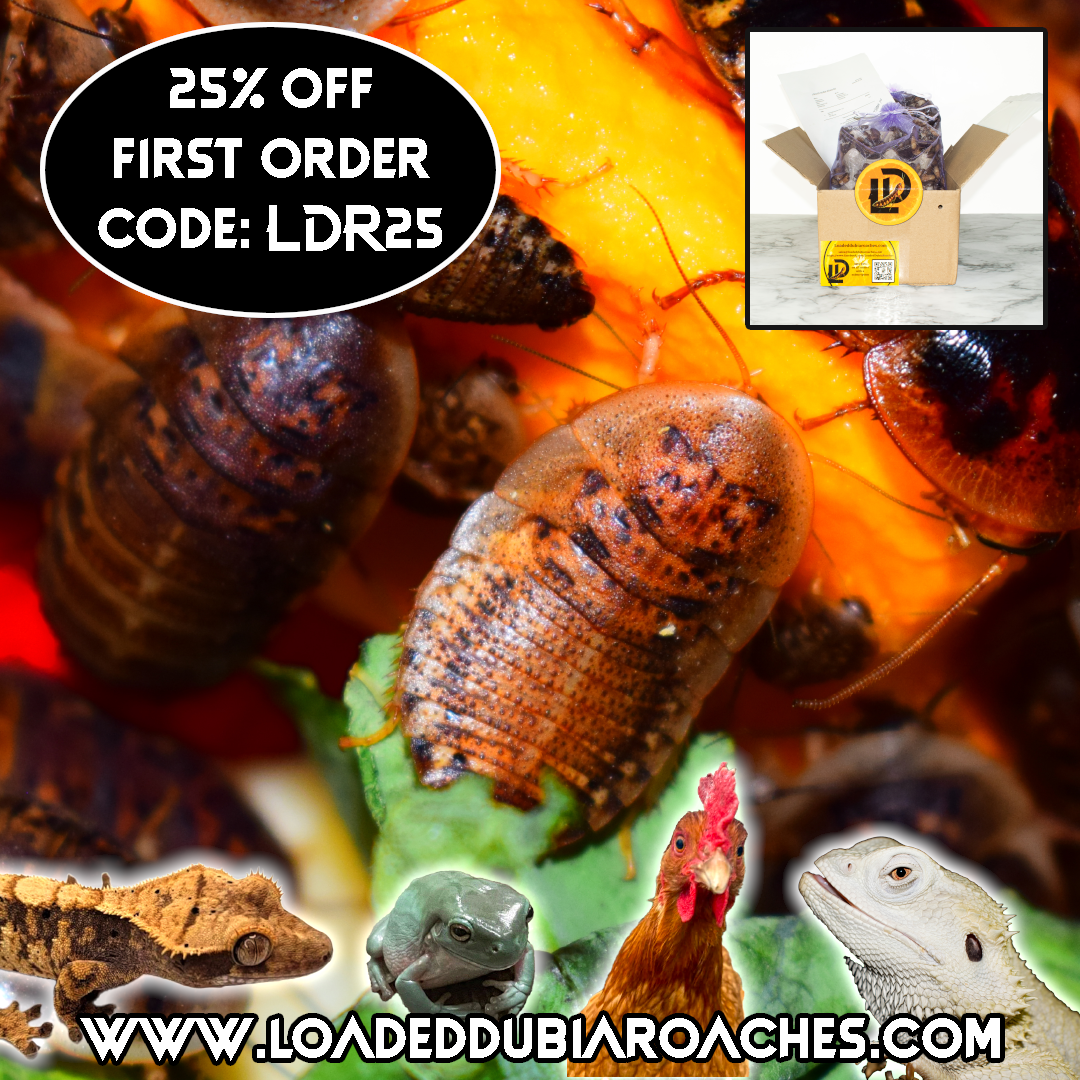

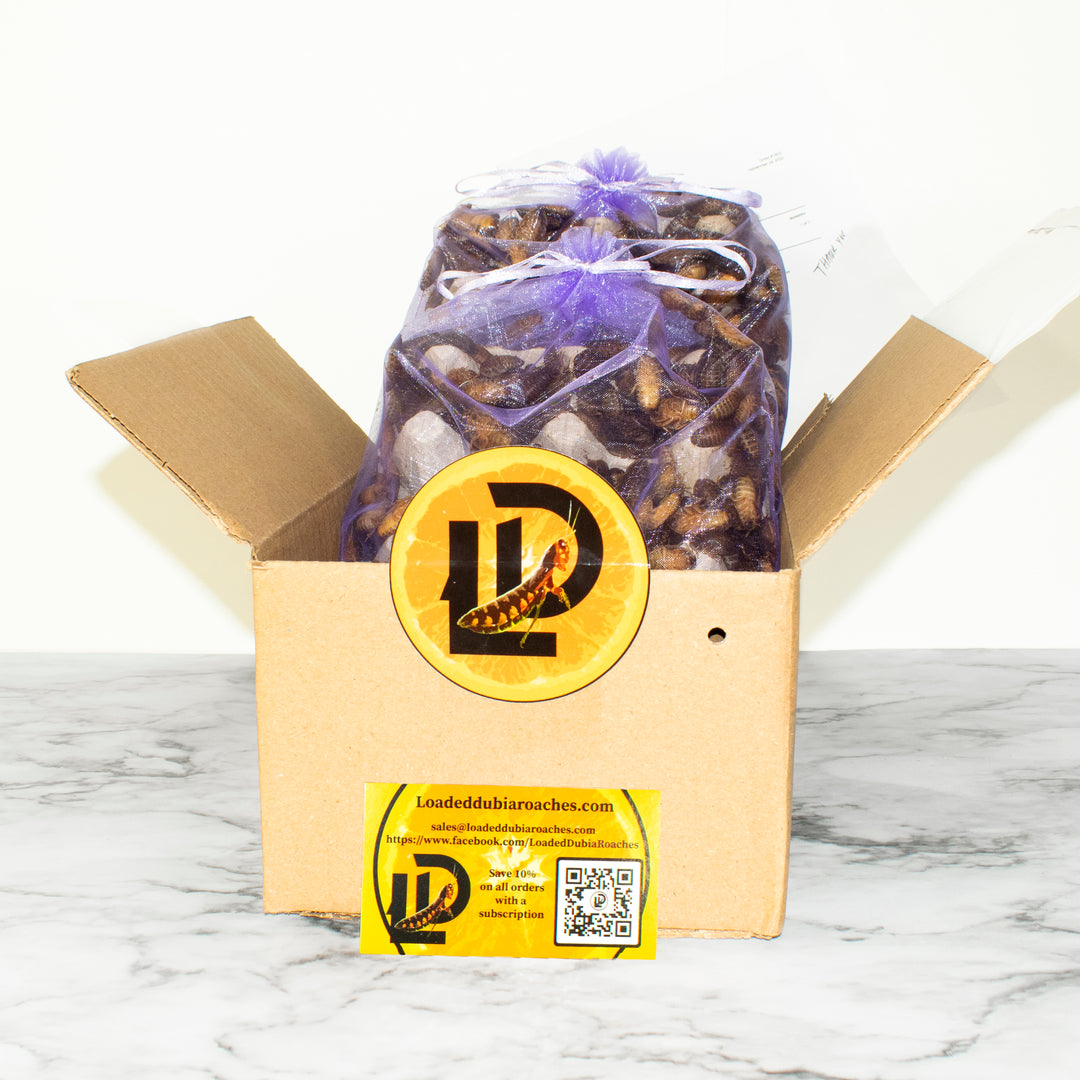
Leave a comment